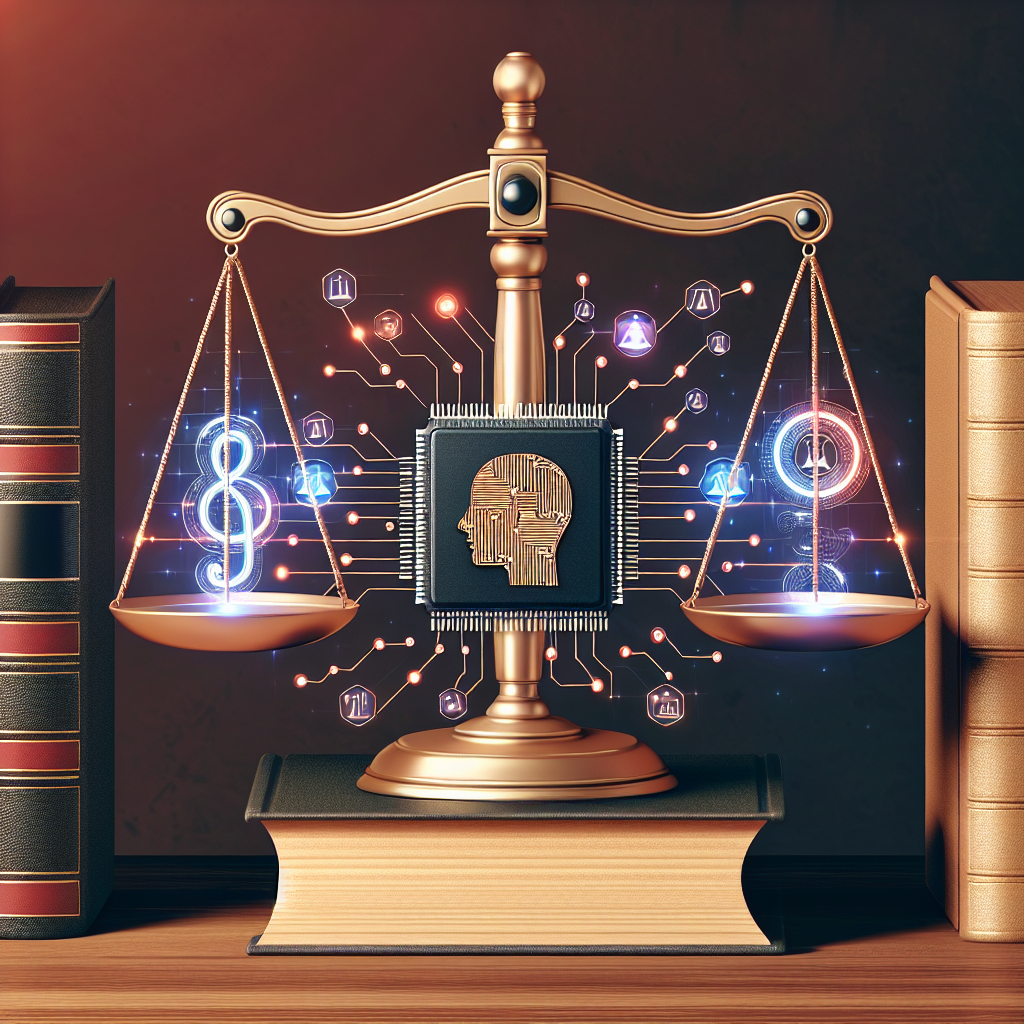Artificial intelligence (AI) has been making waves in the legal industry, with its potential to streamline processes, increase efficiency, and improve accuracy. In family law, AI has the potential to revolutionize the way cases are handled, from divorce proceedings to child custody disputes. However, with these advancements come implications and challenges that must be carefully considered.
Implications of AI in Family Law
1. Increased Efficiency: One of the key implications of AI in family law is the potential for increased efficiency in handling cases. AI technologies can automate tasks such as document review, legal research, and data analysis, allowing lawyers to focus on more strategic and complex aspects of their cases. This can lead to faster resolution of cases and reduced costs for clients.
2. Improved Accuracy: AI technologies have the ability to analyze large volumes of data and identify patterns that may not be immediately apparent to human lawyers. This can lead to more accurate predictions about case outcomes, helping lawyers to better advise their clients on their legal options.
3. Enhanced Access to Justice: AI technologies have the potential to increase access to justice for individuals who may not be able to afford traditional legal services. By automating certain tasks and reducing the need for manual labor, AI can help reduce costs and make legal services more affordable for a wider range of clients.
Challenges of AI in Family Law
1. Data Privacy and Security: One of the biggest challenges of AI in family law is ensuring the privacy and security of sensitive personal data. AI technologies rely on large amounts of data to function effectively, and this data often includes confidential information about individuals and families. It is crucial for lawyers and legal tech companies to implement robust data protection measures to safeguard this information.
2. Bias and Discrimination: AI algorithms can inadvertently perpetuate biases and discrimination present in the legal system. For example, if AI algorithms are trained on historical data that reflects systemic biases, they may produce biased outcomes in family law cases. It is important for lawyers and developers to carefully consider these issues and work to mitigate bias in AI systems.
3. Lack of Human Oversight: While AI technologies can automate many tasks in family law, they are not a substitute for human judgment and empathy. Family law cases often involve complex emotional and interpersonal dynamics that may not be easily captured by AI algorithms. It is important for lawyers to use AI as a tool to enhance their decision-making, rather than relying on it as a replacement for human judgment.
FAQs
Q: How can AI be used in family law cases?
A: AI can be used in family law cases to automate tasks such as document review, legal research, and data analysis. AI technologies can also help lawyers predict case outcomes and advise clients on their legal options.
Q: What are some examples of AI applications in family law?
A: Some examples of AI applications in family law include virtual assistants for legal research, predictive analytics for case outcomes, and document automation tools for drafting legal documents.
Q: How can lawyers ensure the privacy and security of data when using AI technologies?
A: Lawyers can ensure the privacy and security of data by implementing robust data protection measures, such as encryption, access controls, and regular security audits. It is also important to work with reputable AI vendors who prioritize data security.
Q: How can lawyers mitigate bias in AI algorithms used in family law cases?
A: Lawyers can mitigate bias in AI algorithms by carefully selecting training data that is free from biases and discrimination. It is also important to regularly monitor and audit AI systems to identify and address any biases that may arise.
In conclusion, AI has the potential to greatly benefit the family law industry by increasing efficiency, improving accuracy, and enhancing access to justice. However, it is important for lawyers to carefully consider the implications and challenges of AI in family law and work to address issues such as data privacy, bias, and the need for human oversight. By leveraging AI technologies responsibly, lawyers can provide better legal services to their clients and improve outcomes in family law cases.

